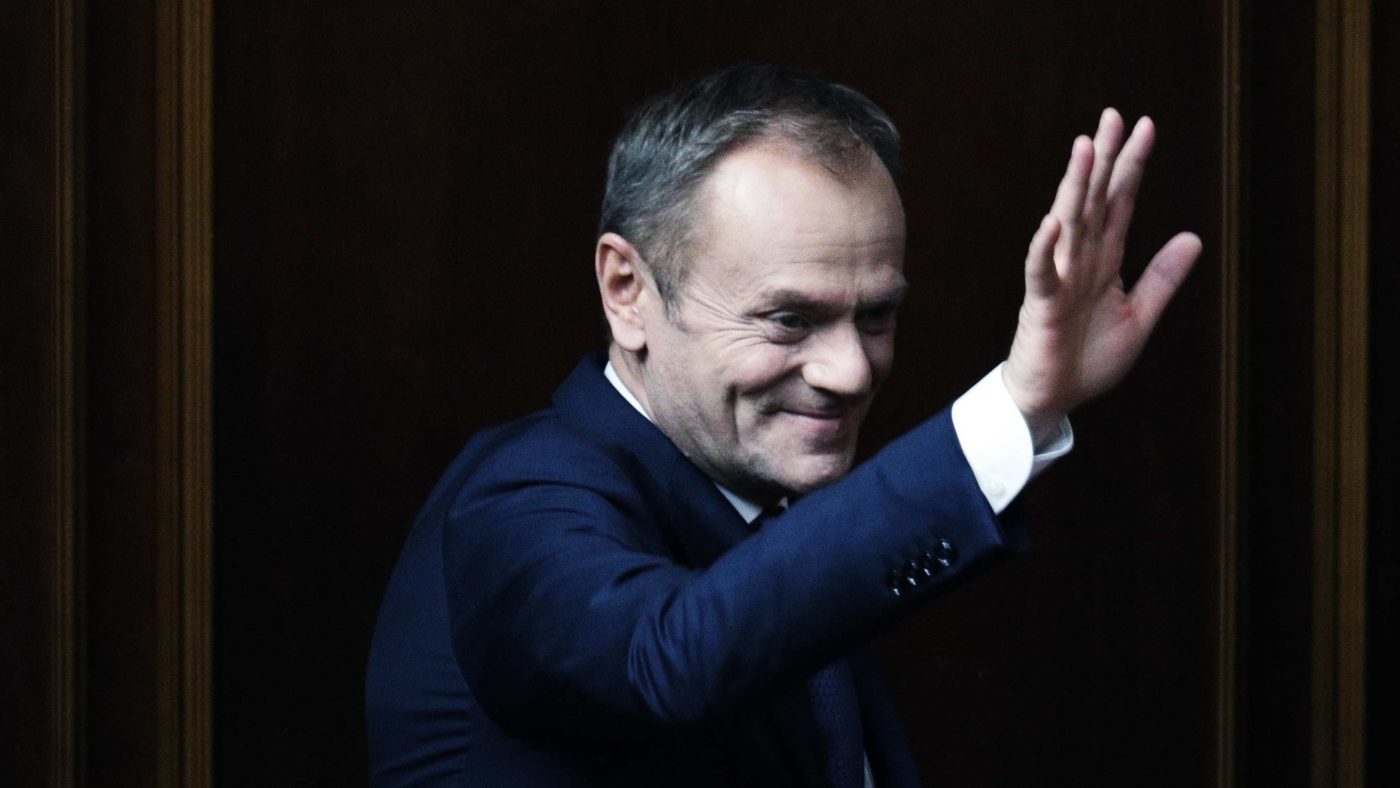Last night’s House of Commons vote on a no-deal Brexit has greatly reduced — though not eliminated — the chances of Britain crashing out of the EU at the end of March. A vote tonight on extending Article 50 is expected to succeed. If it does, the Prime Minister would need to ask Brussels for such an extension, which would need to be agreed to by all 27 national governments. And so the all-important question becomes what the EU response is likely to be.
Some hardline Brexiteers still hold out hope for a no-deal Brexit at the end of the month, betting that at least one EU member state would say no to an extension of Article 50. In that scenario, if Brexit were to happen at all, it would have to take place on March 29 — deal or no deal. The only alternative would be a full revocation of by the British government, and no Brexit at all. But this seems an unlikely course of events; the EU is likely to offer an extension of some sort.
As Open Europe’s Anna Nadibaidze has shown, “at least 18 member states have publicly said that they would welcome, or at least not block, an extension.” In the meantime, “no member state has categorically ruled out a delay.” Commission President Jean-Claude Juncker even mentioned that a long-term extension which would go beyond the European elections in May is possible: “Any decision to ask for more time lies with the UK. If such a request were to be made, no one in Europe would oppose it.”
There are a wide range of opinions on different types of extensions among EU member states. As mentioned, 18 seem open to it in general. Then there are Austria and Germany, both of which have stated their support for a short extension. They are slightly worried about a longer postponement. Sebastian Kurz, the Austrian Chancellor, has said that an extension should last “only until European elections in May.”
The French, by contrast, would prefer a longer deferral. They fear that a short extension would quickly be followed by even more extensions. While Nathalie Loiseau, France’s European Affairs Manager, has said that the UK participating in the elections once more would be “weird for the UK,” it be needed to overcome the Brexit impasse. That said, France is open to a shorter extension “if there is a good and credible reason.”
Continental unity has been one of the more surprising features of the Brexit negotiations so far. And there is unity on the delaying Brexit in that Europe agrees it ultimately comes down to the reason for extending. This point was made a little less diplomatically by the EU’s chief Brexit negotiator Michel Barnier: “Prolong the negotiation: to do what?”
Here Barnier is on the same page as Theresa May, who set out Britain’s options on extension after last night’s votes in the Commons. The first is a short extension — i.e. one in which the UK would not participate in the European elections (many put the latest date at June 1). This would allow the UK to make final preparations to leave under no-deal or, if the Prime Minister’s deal were to be passed, would give the UK time for the Withdrawal Agreement and other necessary legislation to become law. Of course, politically if not legally, Parliament has ruled out the first of these options and voted resoundingly against the second.
Seemingly, the only viable reason for a short extension — though it is quite the slippery slope — is if the Prime Minister can convincingly argue that just a few more weeks and just a few more Meaningful Votes would be enough to get the deal through Parliament.
As for a longer extension, which could last a year or longer, it would certainly be tougher to convince the EU27 to agree to it. Here the UK would need a good reason for such a delay — a general election, or the pursuit of an altogether much softer Brexit. As Donald Tusk said today, he would “appeal to the EU27 to be open to a long extension if the UK finds it necessary to rethink its Brexit strategy and build consensus around it.”
Brussels is unlikely to say no to an extension, but everything depends on why the UK is asking for a delay. And here we know very little about the Government’s plan, or what is likely to happen after this evening’s vote. Indeed, the question that the government and Parliament would have to answer for an extension would be very similar to the one they have been unable to answer in the last months.
As for hardliners, all extension scenarios — except a short extension to prepare for a no-deal that Parliament and the Prime Minister will do everything to prevent — only make a softer Brexit, or no Brexit at all, more likely. Which is why some in government are quietly confident of the chances of a third Meaningful Vote passing, if it should take place in the coming days or weeks.
CapX depends on the generosity of its readers. If you value what we do, please consider making a donation.


